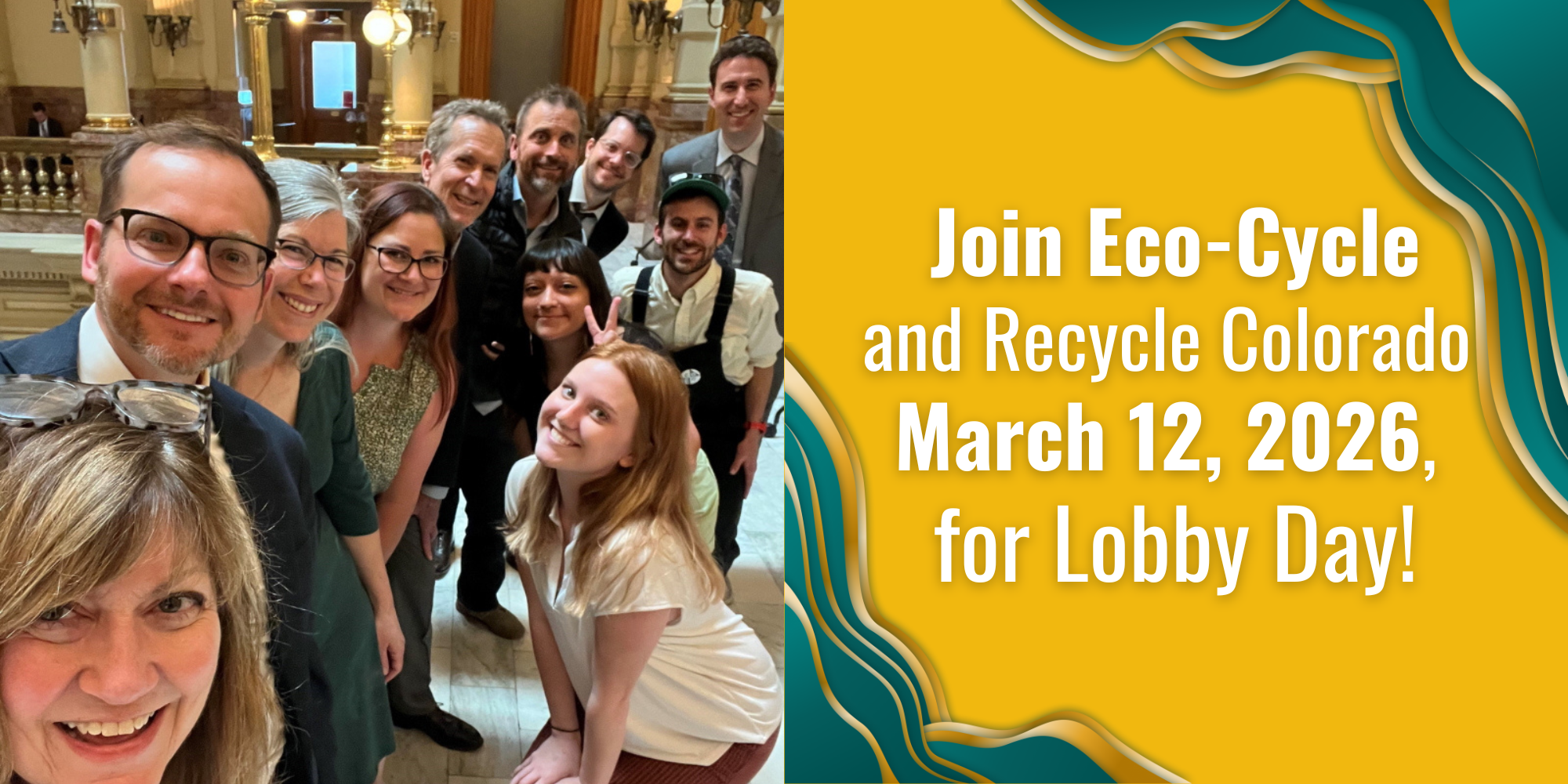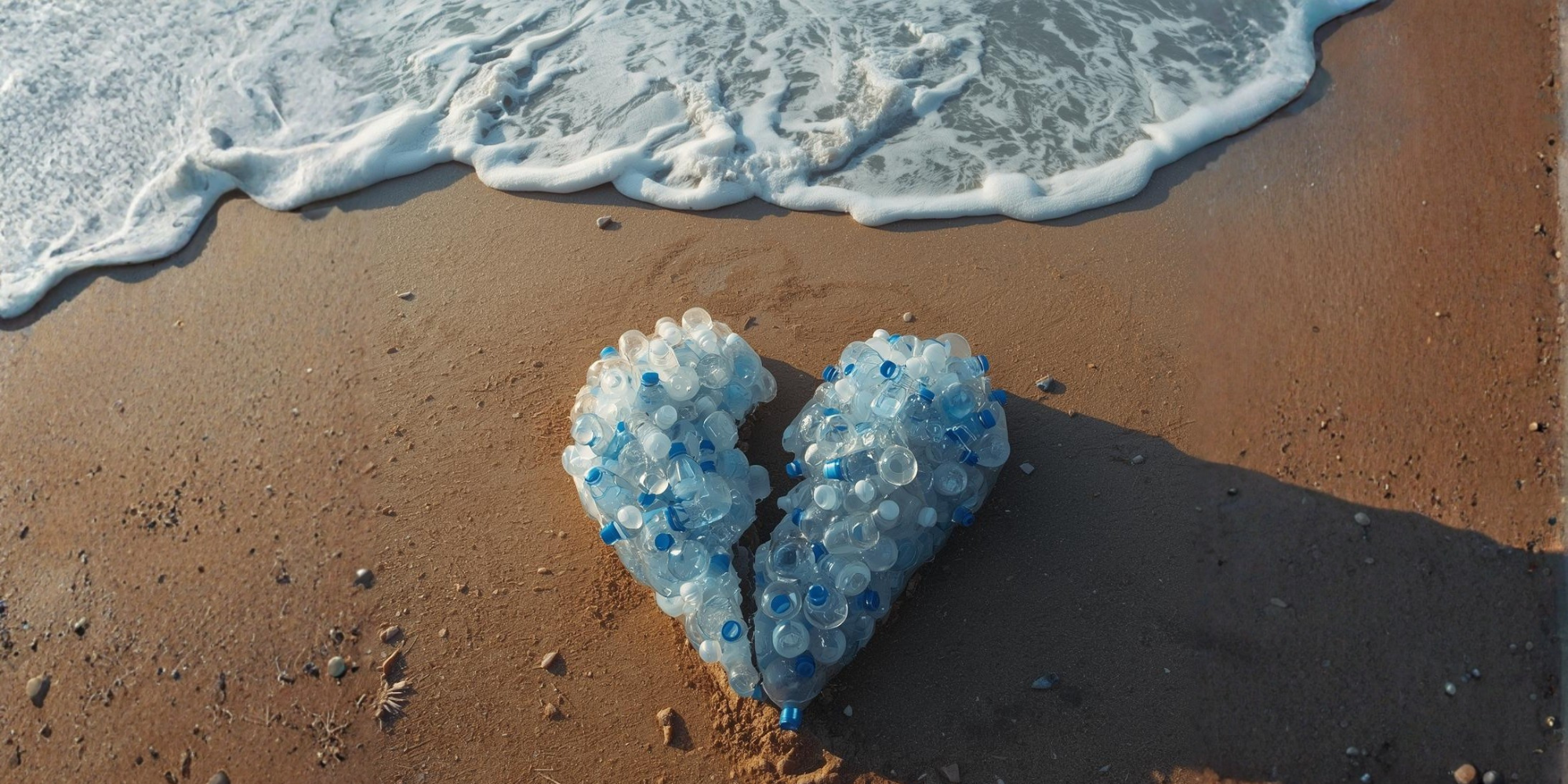How Composting Can Dig Us Out of the Landfill Methane Crisis
While carbon dioxide often dominates the climate conversation, methane is a far more potent greenhouse gas in the short term, trapping over 80 times more heat in the atmosphere than CO₂ over a twenty-year period. In the US, landfills account for over 14% of methane emissions, making them the third-largest emitter in the country behind the petroleum and gas industry as well as methane produced by livestock.
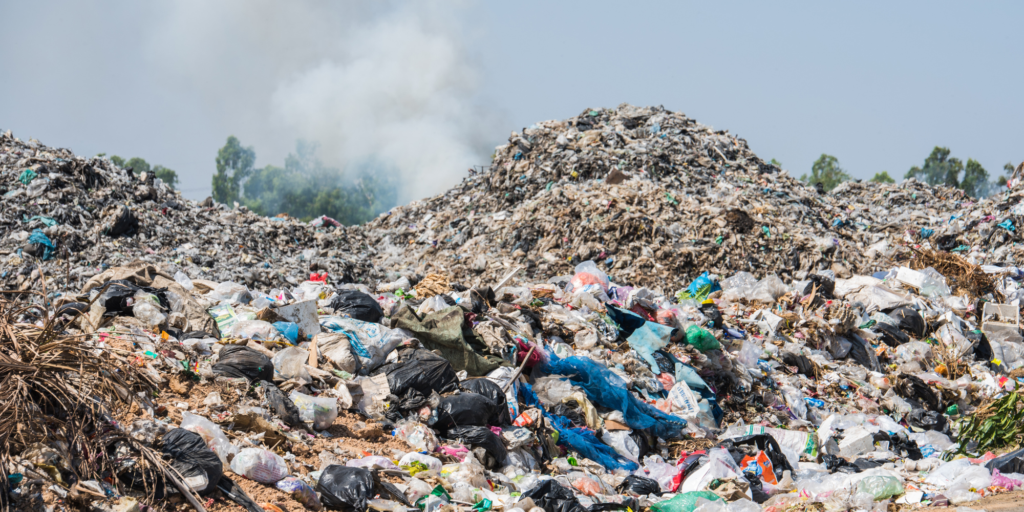
What is the most overlooked source of methane? Our trash. When sent to landfills, food and other organic materials like paper products, wood, and yard trimmings decompose anaerobically (without oxygen) and release large amounts of methane.
The harms caused by methane extend beyond climate impacts. Communities located near landfills, often low-income and predominantly people of color, face disproportionate health risks from landfill methane emissions. These include exposure to hazardous air pollutants like benzene and toluene, which are linked to respiratory problems and cancer.
Championing Stronger Methane Regulations in Colorado
Eco-Cycle is advocating for the adoption of stringent landfill methane regulations in Colorado, in collaboration with groups like Industrious Labs, the Environmental Defense Fund, Healthy Air and Water Colorado, and many others. This coalition is leading the charge in championing the adoption of strong, nation-first landfill methane regulations by the Colorado Department of Public Health and Environment (CDPHE). Strong rules would require:
- Comprehensive landfill gas capture systems,
- Robust monitoring, and
- Enforceable emissions standards.
Why do we need stronger methane regulations?
Industrious Labs’s report, “The Hidden Cost of Landfills,” highlights that many landfills exceed federal methane limits, with 711 recorded violations across 29 sites. At 48% of these sites, methane levels were higher than reported by operators, indicating significant underreporting.
In Colorado, landfills emitted over 6.2 million metric tons of methane in 2022, surpassing emissions from coal mining. Communities near landfills, such as those in Commerce City, Fort Collins, and Erie, experience elevated health risks due to proximity to these sites.
Composting: A Scalable, Circular Climate Solution
Even the best methane capture systems are a partial fix. A far more impactful solution lies upstream: reducing organic discards generated, composting what we can’t avoid, and applying compost to landscapes to build healthy soils that draw down and store carbon.
Step 1: Reduce Organic Waste
Prevention is the most effective strategy. This includes upstream interventions like improving food supply chains, educating consumers, and creating efficient paths to food redistribution. Less organic waste means fewer emissions.
Step 2: Compost What Remains
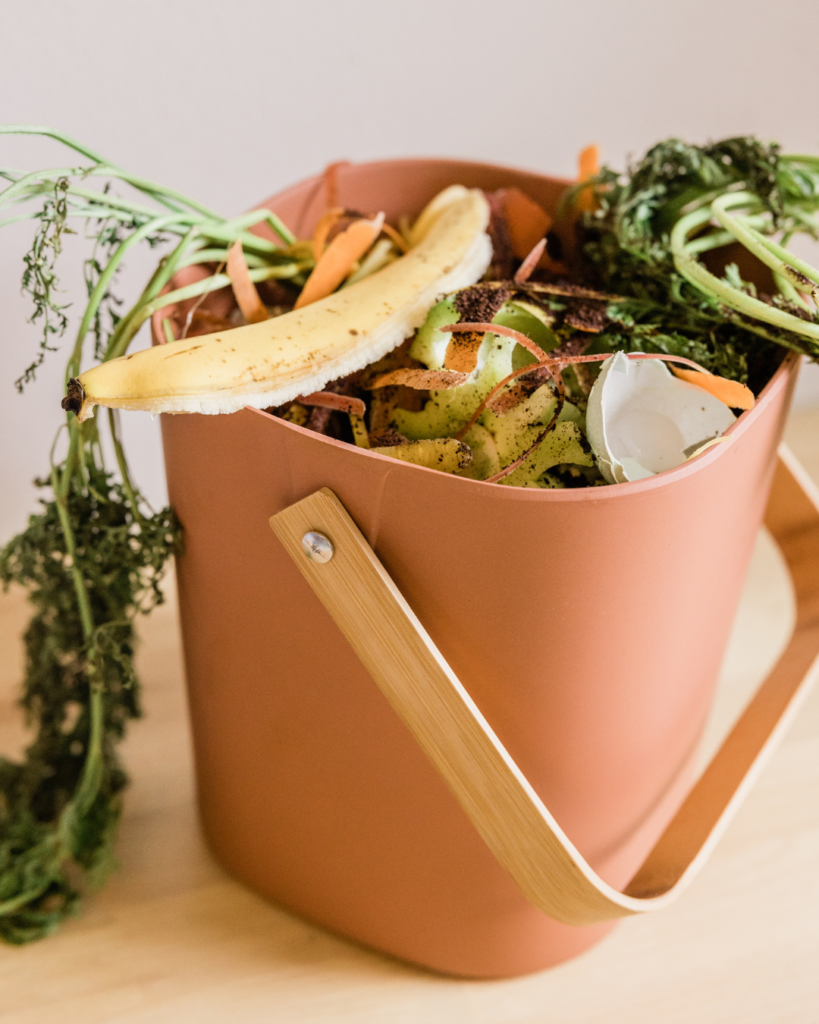
As we expand compost infrastructure and services, we can divert more organic materials from landfills and transform them into a nutrient-rich soil amendment.
Unlike anaerobic landfill decomposition, composting is an aerobic process that minimizes greenhouse gas emissions.
It also creates green jobs, supports local agriculture, and builds community-scale circular economies.
Step 3: Apply Compost to Soils for Carbon Sequestration
Here’s how composting helps increase climate mitigation: when applied to soil, compost enhances microbial activity, increases water retention, and most crucially, draws carbon from the atmosphere into stable and beneficial forms in the soil.
Composting: A Climate and Environmental Justice Solution
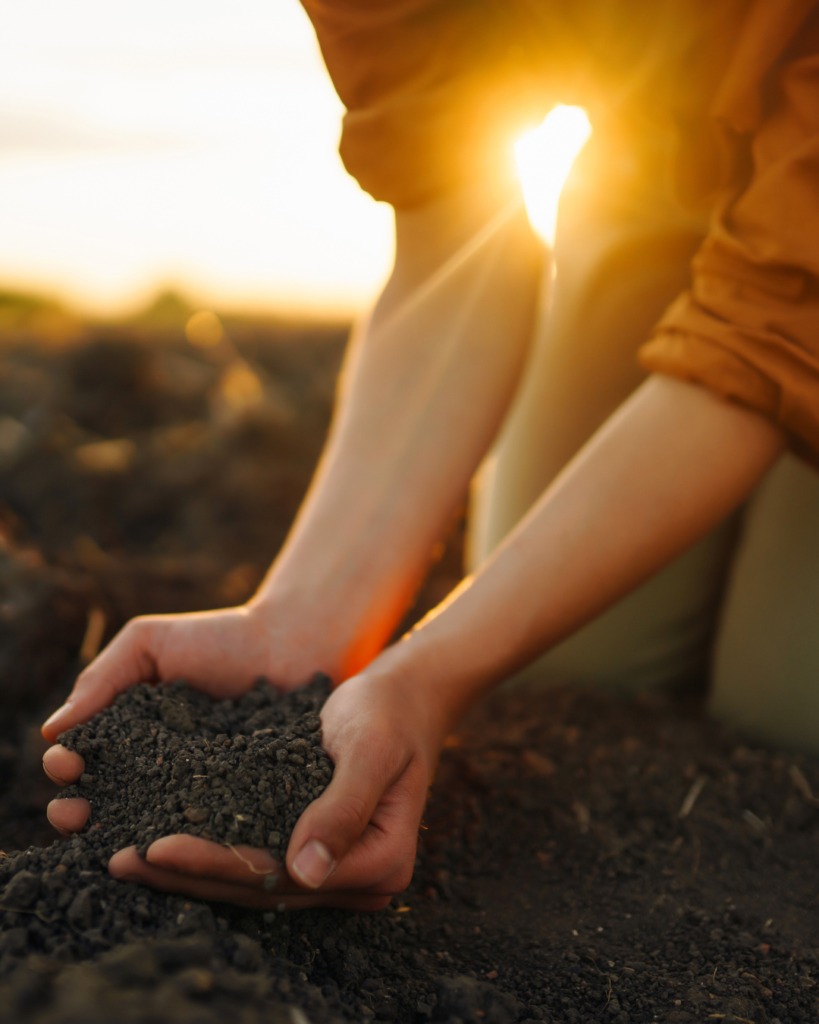
Composting isn’t just about diverting food scraps from the trash. It’s about shifting from a linear, polluting waste economy to a circular, regenerative model that restores soils, protects communities, and draws down atmospheric carbon.
In this era of climate acceleration, composting offers a grounded, science-backed, and justice-centered response to one of our most under-recognized sources of emissions. It’s time we stop throwing away that opportunity.
Learn more at: ecocycle.org/composting-and-carbon-farming
























